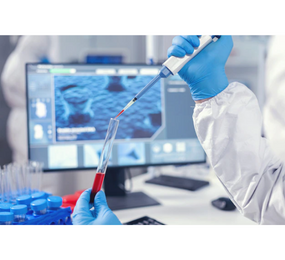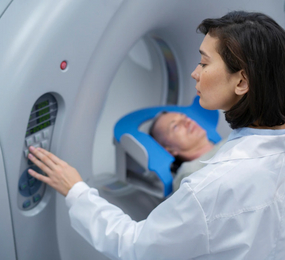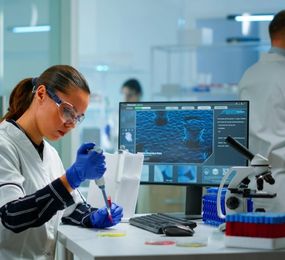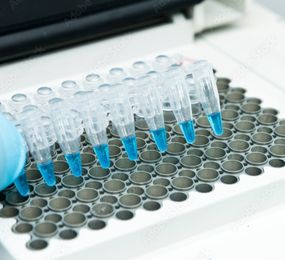The pharmaceutical industry is constantly evolving, and drug manufacturing is no exception. In recent years, there have been a number of new trends and innovations that are shaping the future of drug manufacturing.
One of the most significant trends is the move towards continuous bioprocessing. Continuous bioprocessing is a more efficient and sustainable way to manufacture biologics. It involves running the bioprocessing process continuously, rather than in batches. This can lead to significant reductions in manufacturing costs and time.
Another major trend is the use of single-use technologies. Single-use technologies are disposable devices that are used in bioprocessing. They are becoming increasingly popular due to their ease of use, flexibility, and cost-effectiveness.
The use of data integrity and quality by design (QIB) principles is also becoming more widespread in drug manufacturing. Data integrity refers to the accuracy and reliability of data used in manufacturing. QIB is a systematic approach to ensuring the quality of products and processes. These principles can help to improve the safety and efficacy of drugs.
The implementation of Industry 4.0 is another trend that is transforming drug manufacturing. Industry 4.0 is the use of advanced technologies, such as automation, big data, and artificial intelligence, to improve the efficiency and productivity of manufacturing. These technologies can be used to optimize processes, improve quality control, and reduce costs.
These are just a few of the trends and innovations that are shaping the future of drug manufacturing. As the pharmaceutical industry continues to evolve, we can expect to see even more new and innovative technologies that will make drug manufacturing more efficient, sustainable, and safe.
To register or learn more about the Forum please check here: https://bit.ly/3zxguXW
For more information and group participation, contact us: [email protected]
















